It's in the Canfest 2014
/The beer we all love is finally getting the packaging it deserves. More and more brewers are canning their beers and its more than a passing fad or marketing gimmick, it’s actually good for beer, and craft beer enthusiasts should embrace this movement.
When the craft beer revolution began, brewers packaged their beers in bottles primarily for cost. The capital outlay for a canning line was an expense no craft brewer could justify; small, often used bottling equipment or hand bottling was the only option. Bottling was also a means of distinguishing their product from the cheap canned ones they were competing with and adding an elegance that would justify the higher prices of artisanal beer. Bottling thus became for many consumers the de facto marker of craft beer and a quality product.
If bottles represented quality, the beer from cans was perceived as inferior with a slightly metallic taste. Without this poor reputation there would be no irony in the hipster consumption of Pabst Blue Ribbon. Yet, many of these misperceptions weren’t the fault of the can, but the product inside it. Bad beer is bad beer no matter how you package it.
Canning is actually better for beer than bottling. Beer in a can maintains its quality and freshness since it’s not spoiled by light or oxidation.
In glass bottles, especially green and clear ones, beer can become light struck, a condition caused when u.v. light breaks down hop derived isohumulones breaking them apart and allowing them to bind with sulphur atoms, creating skunky off flavor. I find this flavor most prevalent in mishandled Heineken. So common is this problem that many people think the skunky character is a normal flavor in some beers.
Oxidation is another problem for bottled beer. Bottle caps eventually allow oxygen to pass into the beer, and an oxidized beer is a stale beer. While millions of dollars have been spent creating oxygen-absorbing caps, they’ll never be as effective as an entirely sealed can. Cans are essentially miniaturized kegs, keeping light and oxygen well away from the beer inside.
As for the metallic flavors being imparted from cans, not to worry. Modern cans are completely lined and no raw metal touches the beer.
The Dude's Double Trunk IPA
Cans are also more portable; they don’t break. They can be chilled quicker than glass, and from an environmental standpoint are cheaper and easier to recycle. Cans are also lighter, so shipping them is economical and more fuel efficient. Really, there is no reason not to embrace the can.
Today there are more than 350 breweries canning their product. Nationally, craft brewers like Oskar Blues (the first to can craft beer in 2002), Anderson Valley, 21st Amendment, and Surly Brewing have all shifted much of their packaging to cans. Even larger regional brewers like Sierra Nevada and Boston Beer Company, who have spent millions on bottle and cap design and their bottling lines to ensure a quality and consistent product have, this year, started to release their famous Sierra Nevada Pale Ale and Sam Adam’s Boston Lager in cans.
Locally my favorite canned beer comes from the Dudes Brewing Company in Torrance (who can all of their beers) and from Los Angeles Brewer Golden Road. You can find both The Dudes and Golden Road in groceries stores and liquor stores throughout Southern, CA.
The Dudes “Double Trunk” is a remarkably clean and drinkable Double IPA and the canning process really helps to maintain the hop aromas essential to enjoying a beer of this style. Their “Grandma’s Pecan” brown ale is one of my top 10 beers of this year, and again the nutty aromas are well preserved in the can and quite up front as one pours it into a glass.
Golden Road "Better Weather IPA
Golden Road has a beautiful and quite enjoyable tasting room not too far from the Autry Museum and L.A. Zoo. Their delicious “Cabrillo Kölsch,” “Point the Way IPA,” “Get Up Offa That Brown,” and “Golden Road Hefeweizen” are easy to find year round and worth checking out.
If you want to get hands on with canned beer you should check out this year's Canfest 2014 in Reno Nevada. There you'll be able to sample canned beer from across the nation and even more interesting is the addition of international brewers. So far they will feature beers from 21st Amendment (San Francisco, CA), Anderson Valley (Boonville, CA), Bomber Brewing (BC, Canada), Fort George Brewery (Astoria, OR), Fremont Brewing (Seattle, WA), Hanger 24 (Redlands, CA), Payette Brewing (Boise, ID), Santa Fe Brewing (New Mexico), Sierra Nevada, Southern Star Brewing Co. (Conroe, TX), Uinita Brewing (Salt Lake, UT), and more are being scheduled. Tickets can be had on their website or on their Facebook page
Bottled or canned? I think the answer is clear.
